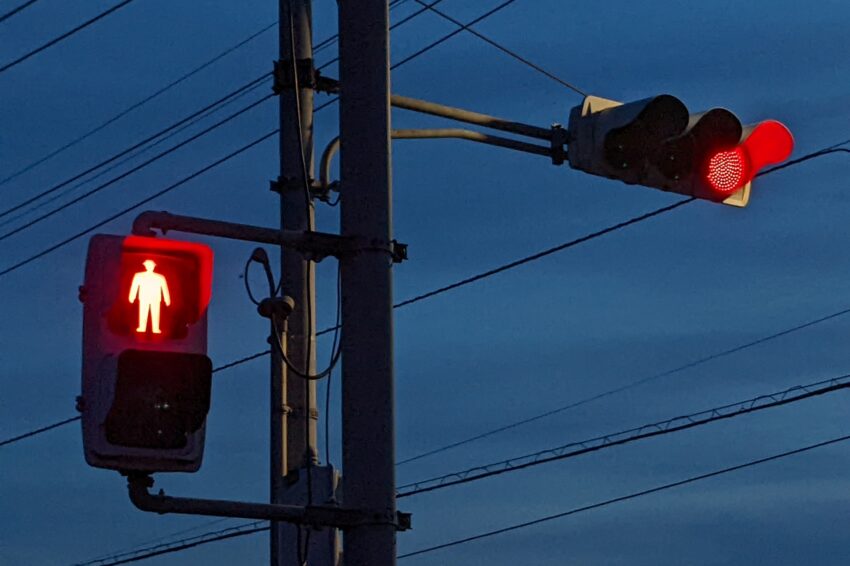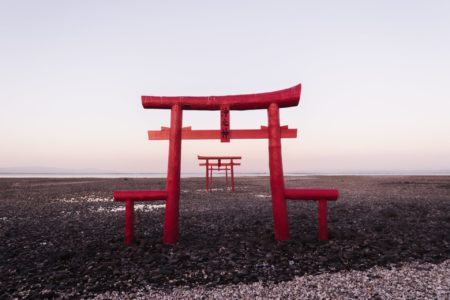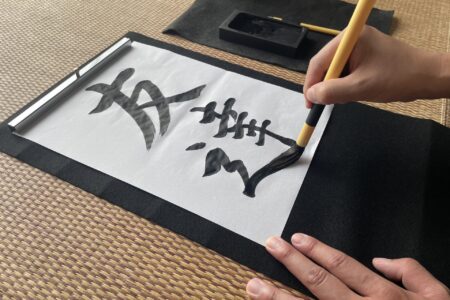Unspoken Rules in Japan

Have you ever encountered a situation where you feel like some rare animal breed being eyed by everyone around you? Or doing something so “normal” yet so embarrassing at the same time that your face transforms into a tomato?
Unfortunately (or is it?) I have. Let me share all the unspoken rules of Japan that I know and broke for you. As said by John C. Maxwell “A wise person learns from his mistakes. A wiser one learns from others’ mistakes.”
So, let’s dive into the topic, shall we?
Don’t eat and drink while walking
Pretty obvious “unspoken rule”, don’t you think? But not for me! Long story short, in my home country it’s normal to eat and drink while going one’s way to work. So, I did the same in Japan and next thing you know I had people looking left and right with raised eyebrows especially the oba-chans! Scary. So, I eventually changed that habit.
Truth be told, this is one that is beginning to change, as more and more you may see people partaking in certain foods while walking (such as ice cream or other festival fare). But these are still the exceptions, rather than the rule. And honestly, it’s much cleaner to not eat on the go (and if you don’t agree with that, you’ve obviously never walked into someone and spilt coffee all over yourself!)
Don’t tip! Again, don’t tip!!
Unlike in other countries where tipping staff for excellent service provided is considered normal. In Japan it’s viewed rudely and insulting to the working staff. Because they believe that it’s only normal to provide the best service they have and with you tipping them for their good service means in other times they are bad? So don’t tip! Be stingy! (also, as you may soon notice being in Japan, prices can generally be higher than in other countries, and part of that is going to wages. So don’t worry about the tip- your server gets a little more thanks to that fancy 1500 yen burger!)
Japanese Time
You know it. I know it. Every person who has worked in Japan knows it. Always remember, your “starting time” is 30 minutes before your “start” time. If you start at 8:30, get there by 8:00.
Face is a very BIG and important thing
This is mostly observed at working environments especially schools (based on my experience) and office because of position and seniority hierarchy. If you notice a co-colleague or more importantly a senior making a mistake even if it’s obvious. It’s still better to remind them of it privately and in a subtle but clear way. I think most people don’t want to be embarrassed as it is, but in many east Asian cultures in particular, saving face is a very big matter.
Be mindful of who you’re seen with
In Japan, it doesn’t always mean that going out alone with a colleague of the opposite gender is considered dating. But many people (especially in schools) still view it as such. So, if you can, prevent it. It’s always best to invite other people to make it more casual and to not make you embarrassed when the whole school staff looks at you weirdly. You know the term “wingman”? Well, make sure you have one!
Even if it’s you that are being invited, it’s still best to politely decline or ask others to accompany you, so as not to attract unwanted attention. There are plenty of exceptions to this “rule” so think of it more like a guideline, but still a good one to follow.
Give Back
When someone gives you a present, it’s best to reciprocate or at least give a token of appreciation. This is fairly common in all cultures, but especially the case in Japan. Always be ready to pay back a gift with another one (even if it’s as simple as chocolates or cookies). For example, if one of your coworkers brings omiyage (souvenirs) from a trip, make sure you do the same when you take a trip of your own.
Use Sick Leave Sparingly
In Japanese work culture, even if you have a mild cold, as long as you’re not bedridden, it’s still expected that you go to the hospital, get some medication, and come to work once you’re able to. Of course, if it’s something serious like a flu or a very high fever then feel free to call for sick leave. Remember every sick leave you take is someone doing your work for you (that’s what they say, don’t judge me!). It may sound absurd, but it’s still the case. Just take it with a grain of salt.
This is another rule that is somewhat on the decline thanks to COVID. If you have even a small fever, chances are work doesn’t want you to come in now. So take it on more of a case-by-case basis.
That’s all I have! Obviously, there’s still plenty of “unspoken rules” I haven’t mentioned. But it’s because most of them just point to one thing: “do not inconvenience others”. In Japan, as much as possible, don’t inconvenience others. Respect everyone’s time, and respect their boundaries. Embrace this mindset, let it envelope you, and soon you will find that Japan is pretty much “rule-free”!
Photo Credits:
All other content (text) created by the original author and © 2022 MUSUBI by Borderlink
RELATED
-

Don’ts and Do’s of Train Riding
Top Photo by Satria Hutama on Unsplash If you’ve ever thought about coming to Japan, there are a few th… -

Four Japanese Philosophies For You
Top photo: Ryoji Iwata on Unsplash Japan is rich with philosophical ideas that come from Zen Buddhist philoso… -

Making Friends in Japan
Top photo by KJaさん on PhotoAC An unconventional guide to making friends in Japan as a newcomer. PLEASE READ TH…
PEOPLE

Mr. M
From the Philippines
Living the dream (Japan) since 2018


